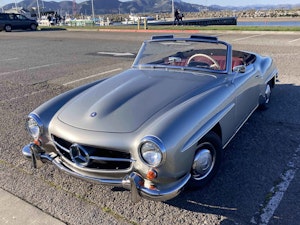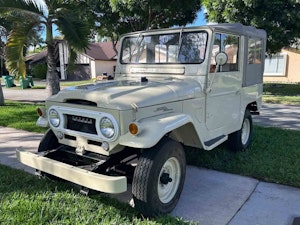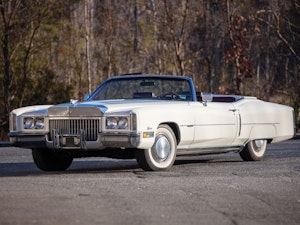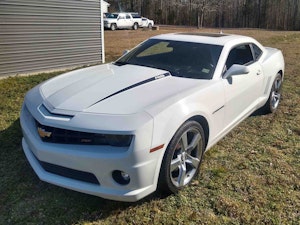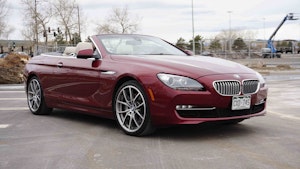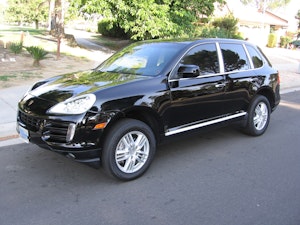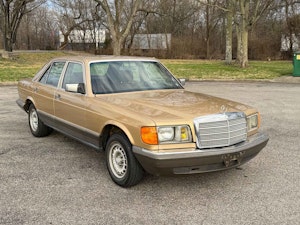Media | Articles
Boeing crash conversation mirrors debate on autonomous cars, says Daimler CEO
When recently discussing the difficulties automakers face getting the public to allay their fears about autonomous vehicles, Daimler CEO Dieter Zetsche referenced similarities with Boeing’s sensor- and software-based safety problems with its 737 MAX airplanes.
“What is very important is the psychological dimension. If you look at what is happening with Boeing then you can imagine what happens when such a system has an incident,” Zetsche said in remarks Tuesday, referring to autonomous vehicle technology, at a Stuttgart conference organized by the Auto Motor und Sport magazine.
After two of Boeing’s new 737 MAX aircraft crashed since October 2018, killing over 300 people, governments around the world have grounded that model while regulators and the company investigate the safety of the planes’ automated flight control systems.
When an autonomous Uber test vehicle was involved in a fatal incident with a pedestrian in Arizona last year, the news spread globally, giving many the impression that the technology is not yet safe for widespread, large-scale use.
Marketplace
Buy and sell classics with confidence
20190403142912)
An American Automobile Association survey shows that nearly three quarters of Americans are literally afraid of self-driving cars and that only one in five parents would let their kids travel in one. A Reuters/Ipsos poll this week backed up those statistics, finding that two-thirds of U.S. adults would not consider buying a fully autonomous car or truck.
Commercial flying is, statistically, just the safest way to travel. More so, certainly, in terms of fatalities per passenger mile, than passenger vehicles. Still, fear is not always based on reason and statistics. If exceptionally rare plane crashes can cause fear of flying, especially given the documented software issues at hand in Boeing’s case, something similar will likely be true of autonomous cars as those technologies proliferate.
Zetsche said the automobile industry should build acceptance for self-driving cars gradually by introducing the technology in stages. Even so, it should be aware that as in the case with the Boeing 737 MAX any concerns and fears will be amplified if people are injured or killed as autonomous tech is rolled out.
“Even if autonomous cars are 10 times safer than those driven by humans, it takes one spectacular incident to make it much harder to win widespread acceptance,” he said.
20190403142706)
20190403142445)
